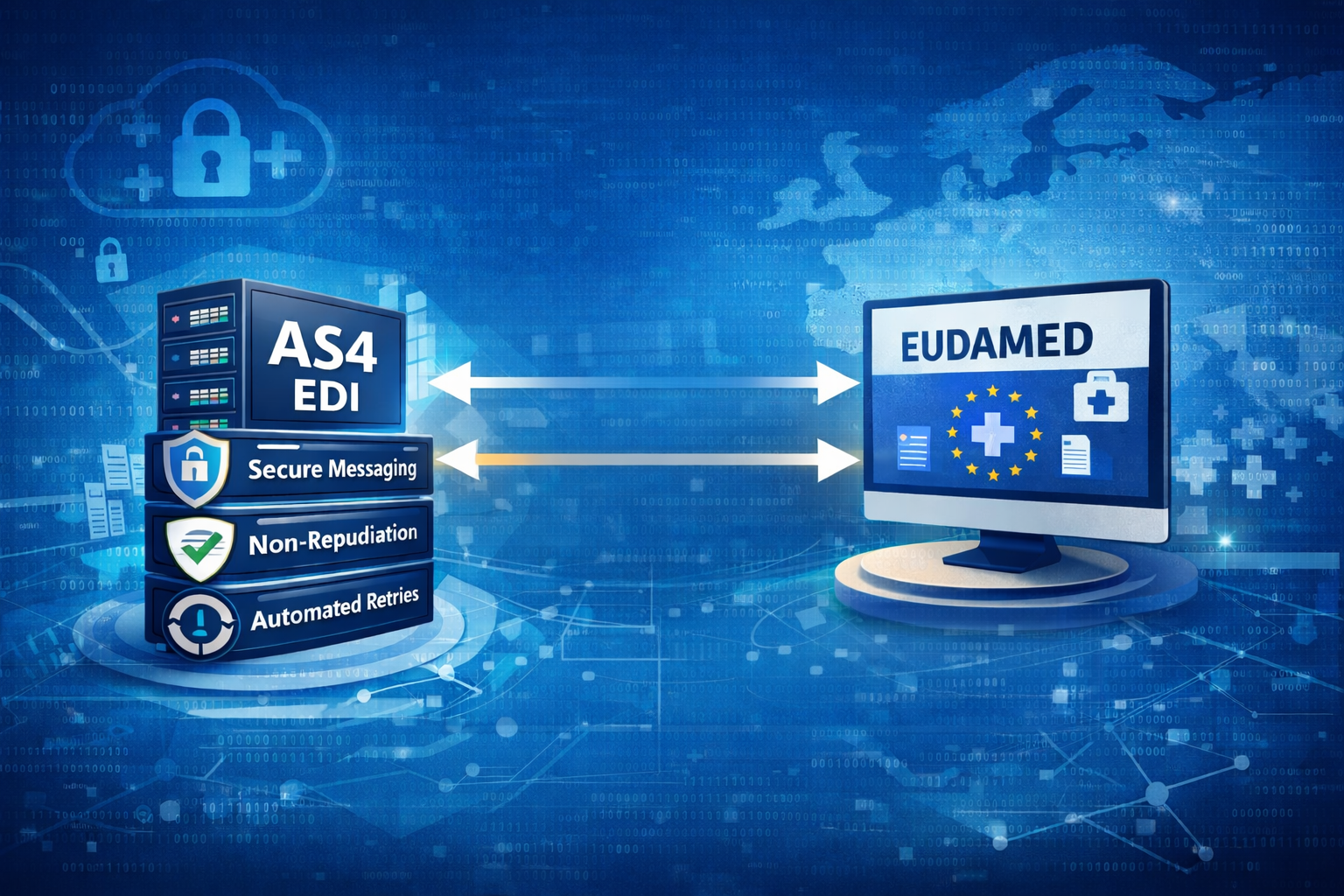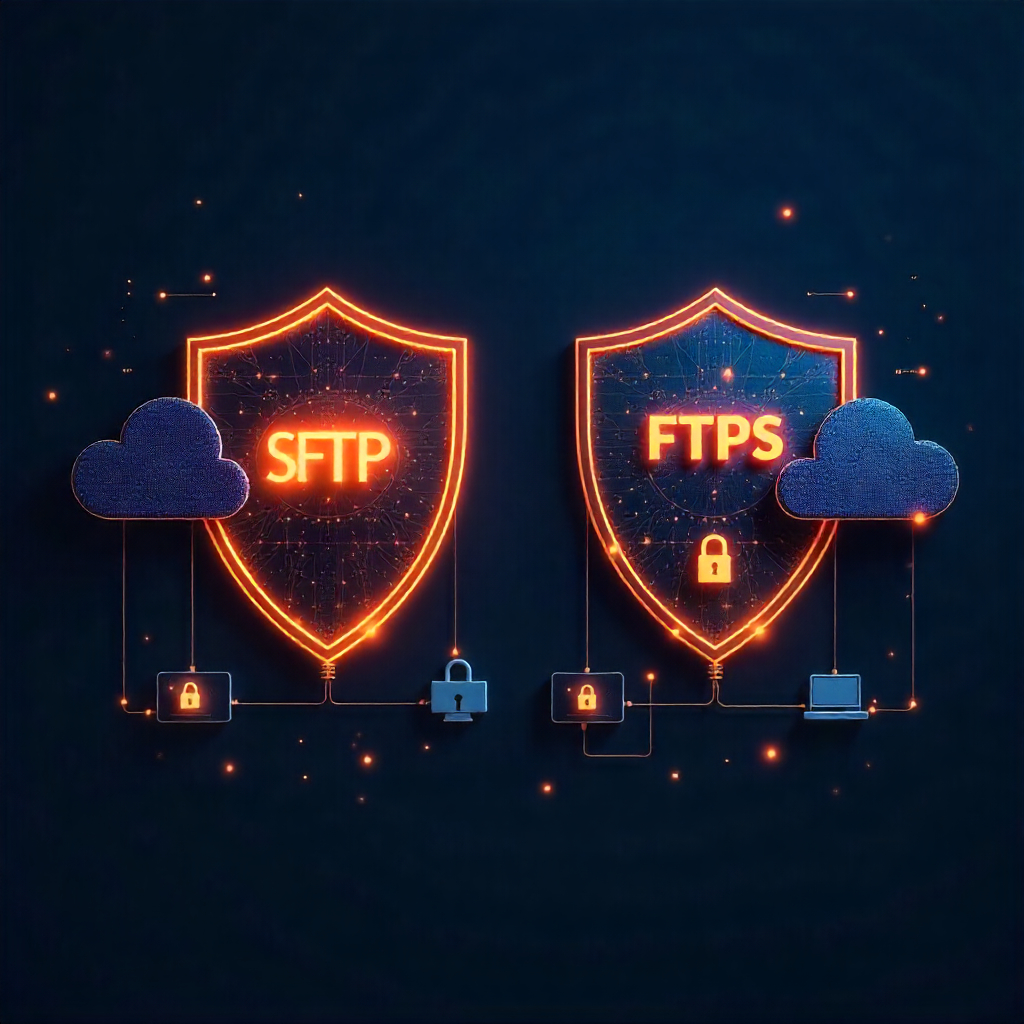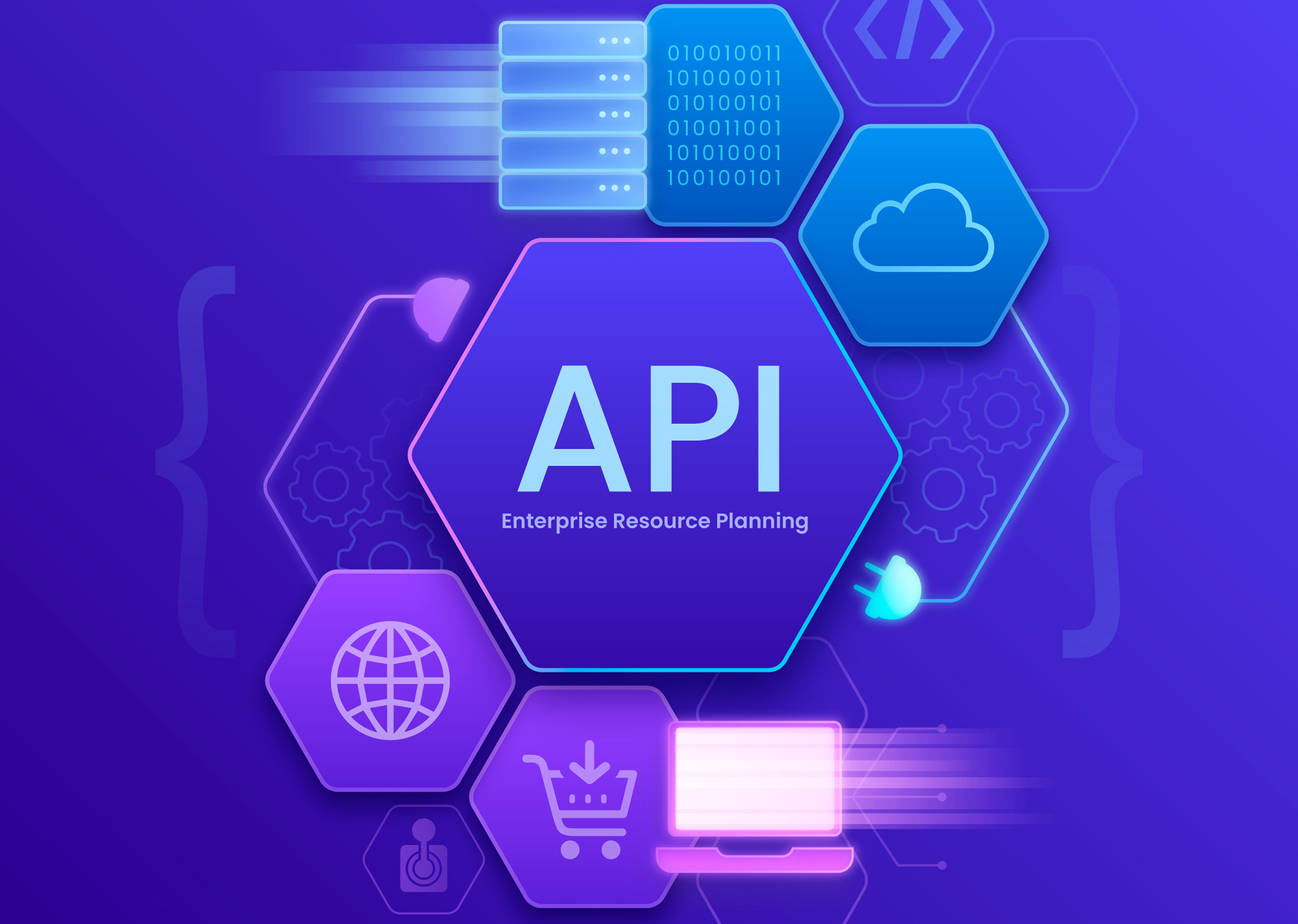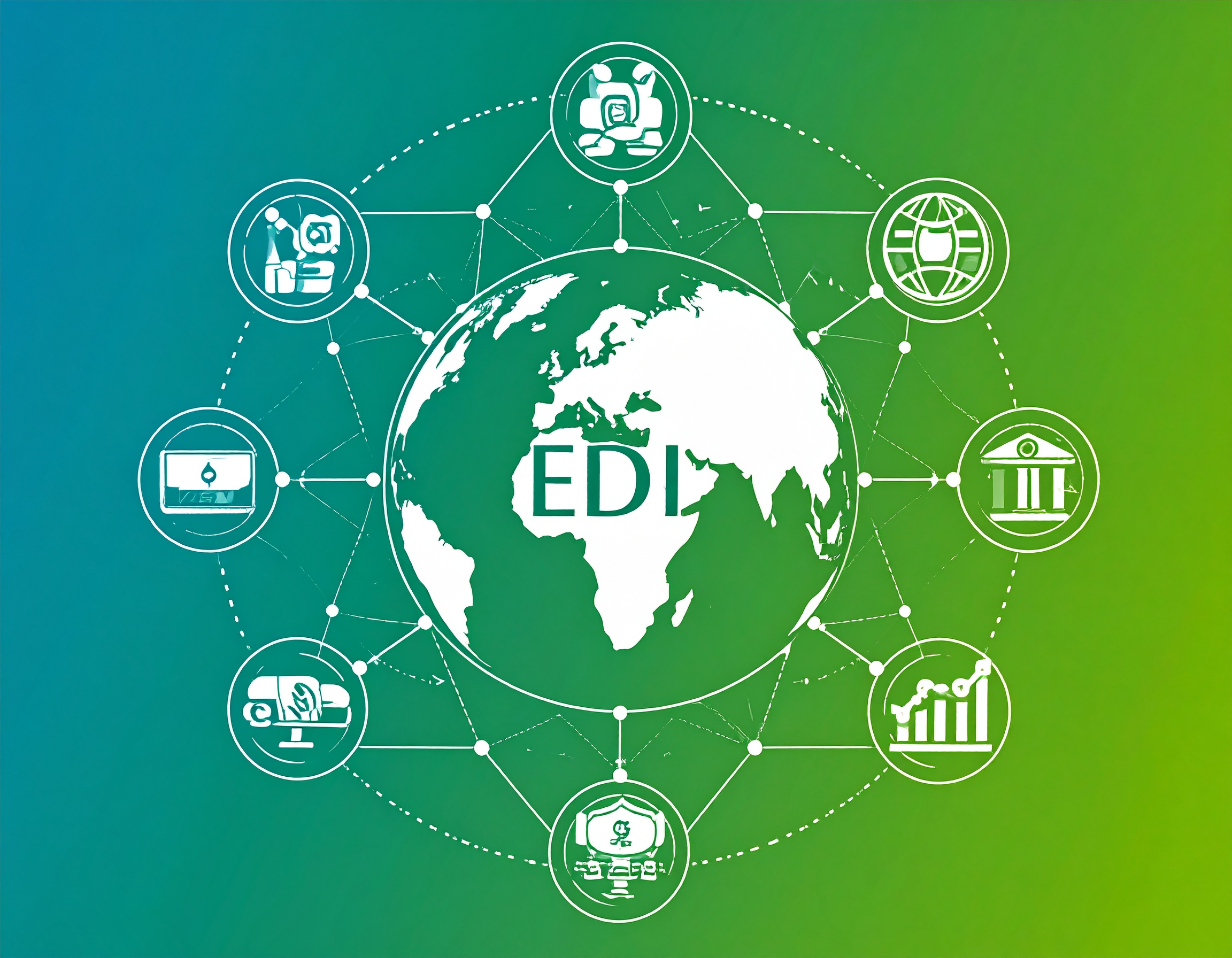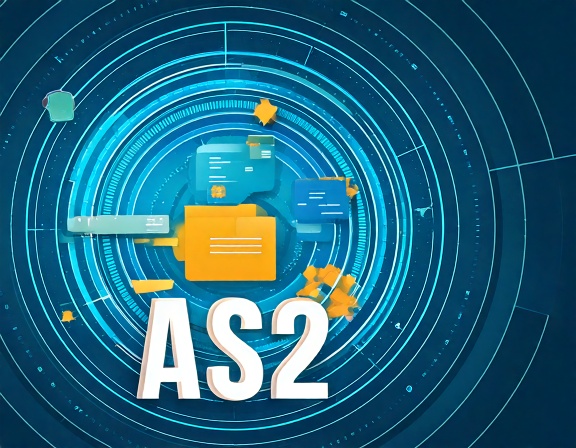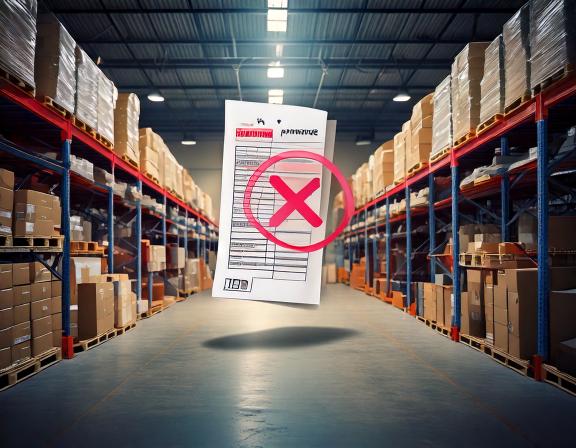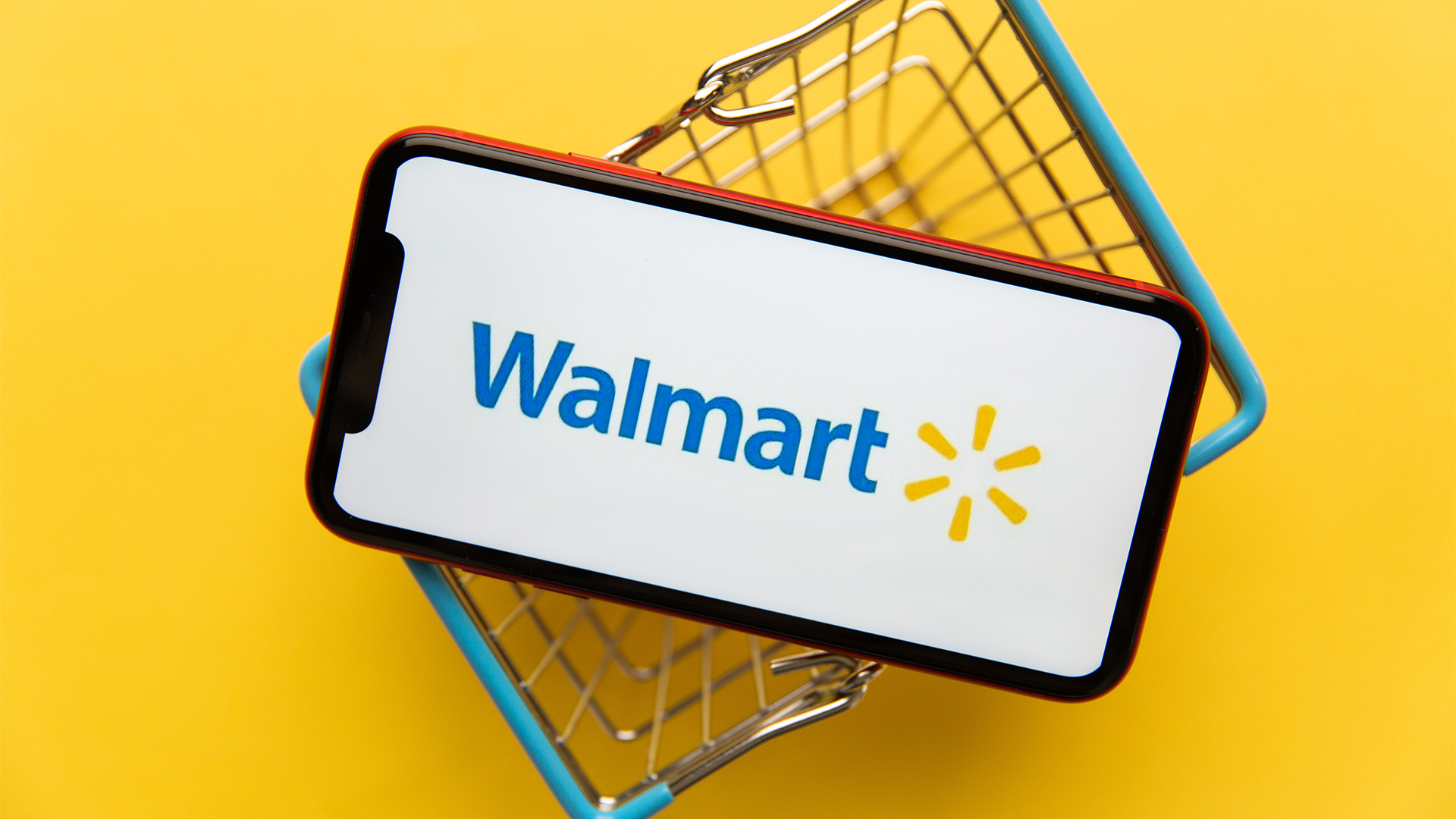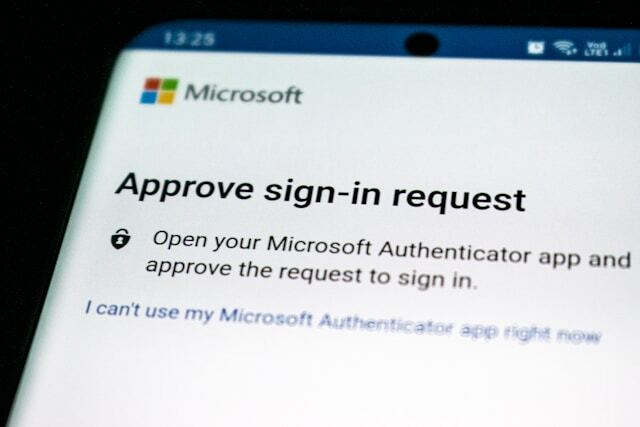MFT Gateway is a hosted Software as a Service (SaaS) solution that enables file exchange over the AS2 or SFTP protocol, without the need to install or maintain.
- Blog
- Start a Local Business with Walmart: Expert Guide 2026
Walmart
Start a Local Business with Walmart: Expert Guide 2026
Learn how to start a local business with Walmart in 2026. Step-by-step expert guide for vendor registration, required documents, and EDI compliance.

Adheeb Shafik
Modified: 05 Feb 2026

Table of Contents
- Starting a Local Business with Walmart: Your Complete Guide to Vendor Registration and EDI Compliance
- Why Partner with Walmart?
- Steps to Register as a Walmart Vendor
- The Vendor Approval Process
- Understanding Electronic Data Interchange (EDI) for Walmart
- Tips for Success as a Walmart Vendor
- Conclusion
Starting a Local Business with Walmart: Your Complete Guide to Vendor Registration and EDI Compliance
Starting a local business can be rewarding and full of potential, and getting your products into major retail channels like Walmart can significantly enhance your business’s visibility and drive sales. Walmart, as the largest retailer in the USA with over 100,000 suppliers worldwide, offers local businesses an opportunity to reach a wider customer base. However, becoming a Walmart vendor involves more than just having a great product; you need to understand the registration process, gather the right documents, and implement an electronic data interchange system to manage orders efficiently. This guide will walk you through everything you need to know to successfully start a local business with Walmart.
Why Partner with Walmart?
Walmart’s vast network of stores and online platforms provides local businesses with a unique opportunity to scale rapidly. By becoming a Walmart vendor, your products can gain nationwide exposure, increasing both brand recognition and sales. Additionally, Walmart’s commitment to supporting local businesses, demonstrated through their $350 billion U.S. sourcing commitment by 2030, ensures that there is a streamlined process in place to help you get started. Programs like “Grow with US” and Walmart’s annual Open Call events provide mentorship, financing support, and direct access to Walmart buyers.
Steps to Register as a Walmart Vendor
1. Research and Preparation
Before you begin the registration process, it’s crucial to understand Walmart’s requirements and ensure your business is ready to meet them. Start by researching the types of products Walmart typically sells and identify where your product fits into their inventory. Consider the following:
- Differentiation: How does your product stand out from existing Walmart offerings?
- Product Line: Walmart prefers vendors with a diverse product line, as this increases the chances of success even if one product doesn’t perform as expected.
- Sales History: Having a proven sales history can significantly improve your chances of getting approved.
2. Gather Required Documents
To apply as a Walmart vendor, you’ll need to have several documents prepared. These include:
- Tax ID: Your business’s federal tax identification number.
- Company Information: Details about your company, including contact persons and locations.
- Banking Information: Your bank account details for payment processing.
- DUNS Number: A Data Universal Numbering System (DUNS) number, which uniquely identifies your business. This costs approximately $125 for initial registration through Dun & Bradstreet.
- Product Liability Insurance: This insurance protects your business from claims related to product defects that cause injury or damage.
- Product Identifier: Each product you intend to sell must have its own unique product ID. The acceptable types of product IDs are GTIN, UPC, ISBN and EAN.
3. Register on Walmart’s Retail Link
To begin the vendor application process, visit Walmart’s Retail Link portal and create an account. This platform is the hub for all vendor-related activities, including product setup, order management, and communication with Walmart buyers.
Once your account is created, complete your supplier profile by entering all the necessary company and product information. This profile is critical as it is the first point of reference for Walmart buyers evaluating your application.
The Vendor Approval Process
Once you’ve registered and set up your profile, you must wait for an invitation from Walmart to proceed with the approval process. Depending on the scale of your business, you may either:
- Pitch to Local Stores: If you’re targeting local Walmart stores, you can approach store managers directly to pitch your products. If they’re interested, they will escalate your product to higher levels for approval.
- National Pitch: For national distribution, you may be invited to Walmart’s headquarters to present your products. Be prepared with product samples, sales data, and a compelling elevator pitch.
After a successful pitch, Walmart will issue a supplier agreement, officially making you a Walmart vendor. This agreement also grants you access to Walmart’s Global Supplier Management system within Retail Link, where you can manage orders and track sales.
Understanding Electronic Data Interchange (EDI) for Walmart
Once you’re an approved vendor, implementing an electronic data interchange system is mandatory for processing orders with Walmart. EDI software serves as the automated communication channel between your business and Walmart’s systems, eliminating manual data entry and reducing costly errors.
What is EDI and Why It Matters
Electronic data interchange is the computer-to-computer exchange of business documents in a standardized format. Rather than sending paper purchase orders, invoices, and shipping notices through email or fax, EDI systems transmit this information instantly and accurately between your business and Walmart.
Critical EDI Transaction Sets for Walmart
Walmart requires specific EDI communication standards using the ANSI X12 format and AS2 protocol for secure transmission.
-
EDI 850 (Purchase Order): Walmart’s electronic order transmission containing quantities, pricing, delivery dates, and ship-to locations. Your system receives these orders instantly for immediate processing.
-
EDI 856 (Advance Ship Notice): Before products arrive at Walmart’s warehouse, you transmit a detailed ASN listing carton contents, carrier information, and tracking numbers. This reduces receiving time and prevents inventory discrepancies.
-
EDI 810 (Invoice): Your electronic invoice that Walmart’s accounts payable matches against purchase orders automatically, shortening payment cycles by weeks compared to paper invoices.
-
EDI 855 (Purchase Order Acknowledgment): Must be returned within 24 hours confirming receipt and ability to fulfill orders.
Choosing the Right EDI Provider
EDI Generator: Streamlined EDI Connection for Walmart Vendors.
For businesses seeking a cost-effective EDI connection with Walmart, EDI Generator (edigenerator.com) offers a specialized solution designed specifically for retail vendors. Their platform provides automated EDI document generation, AS2 protocol support for secure Walmart communication, pre-built mapping for all required transaction sets, and comprehensive testing support to ensure you pass Walmart’s EDI certification.
EDI Generator’s business-focused approach eliminates technical complexity, allowing you to focus on growing your sales rather than managing EDI communication infrastructure. Their transparent pricing and dedicated Walmart integration expertise make compliance straightforward for local businesses entering the retail giant’s ecosystem.
EDI Testing and Compliance Timeline
Walmart requires suppliers to complete EDI testing through its Vendor Self-Testing Portal, a process that typically takes between 2 and 6 weeks depending on readiness and document scope. Failure to meet Walmart’s EDI requirements can result in compliance penalties, operational disruptions, or escalation actions, and persistent non-compliance may ultimately lead to termination of the vendor agreement. Investing in reliable EDI software and completing testing early helps avoid delays, reduce the risk of penalties, and ensure smooth, uninterrupted order processing.
Tips for Success as a Walmart Vendor
- Maintain High Standards: Walmart expects its vendors to adhere to strict quality and service standards. Consistently delivering high-quality products on time will strengthen your relationship with Walmart.
- Stay Competitive: Keep an eye on market trends and competitor products to ensure your offerings remain relevant and competitively priced.
- Leverage Walmart’s Resources: Take advantage of the tools and resources available through Retail Link to monitor sales performance, identify growth opportunities, and optimize your product listings.
- Automate Your EDI Processes: Invest in automation as your order volume grows to maintain compliance and profitability.
Conclusion
Starting a local business with Walmart can be a huge opportunity for your company. By following the steps in this guide, from registering as a vendor to implementing compliant electronic data interchange solutions, you can set your business up for success in one of the world’s biggest retail markets. With thoughtful planning, the right EDI provider, and a focus on quality, your products could soon be on Walmart’s shelves, reaching millions of potential customers.
Ready to streamline your Walmart EDI integration? Explore EDI Generator’s tailored solutions for retail vendors today.

Talk to an EDI Expert
Join hundreds of organizations already taking full control of their B2B AS2 communications with our trusted solutions. Contact us today to tailor a solution that fits your specific AS2 EDI needs.
Related Articles
View All BlogsExplore our product stack
Try before you buy with a 30-day Free Trial
No commitment, all value. Try the AS2 Solution Risk-Free and discover how our solutions can transform your business workflows. No credit card required.
Explore Your Possibilities
Elevate AS2 Communications with our EDI and AS2 Solutions
See how our AS2 and EDI solutions can simplify your integrations, boost efficiency, and keep you compliant—request a personalized demo today.














